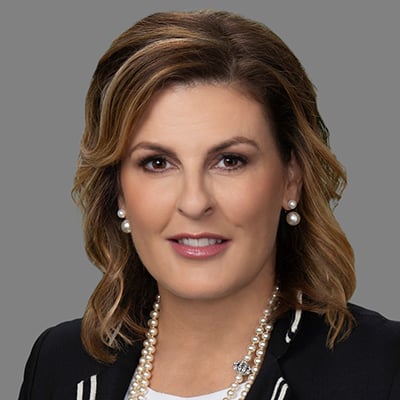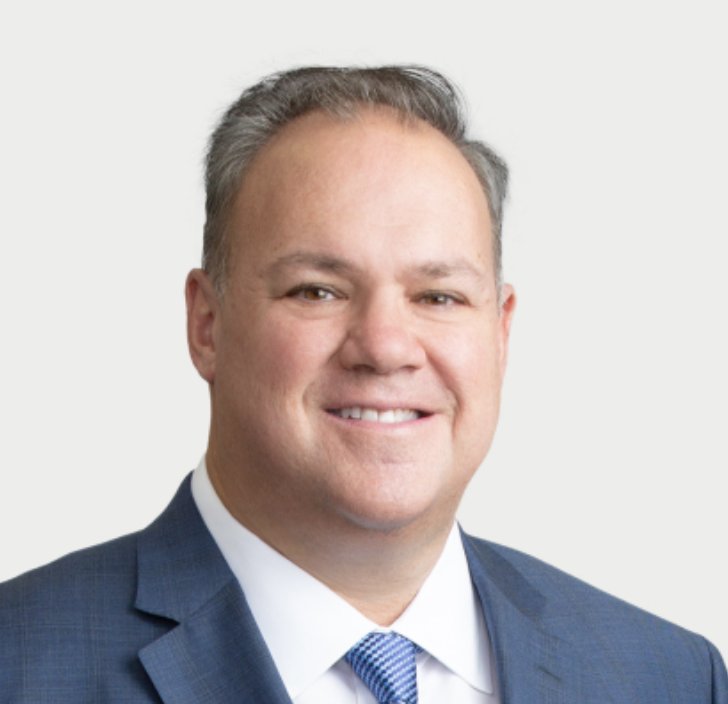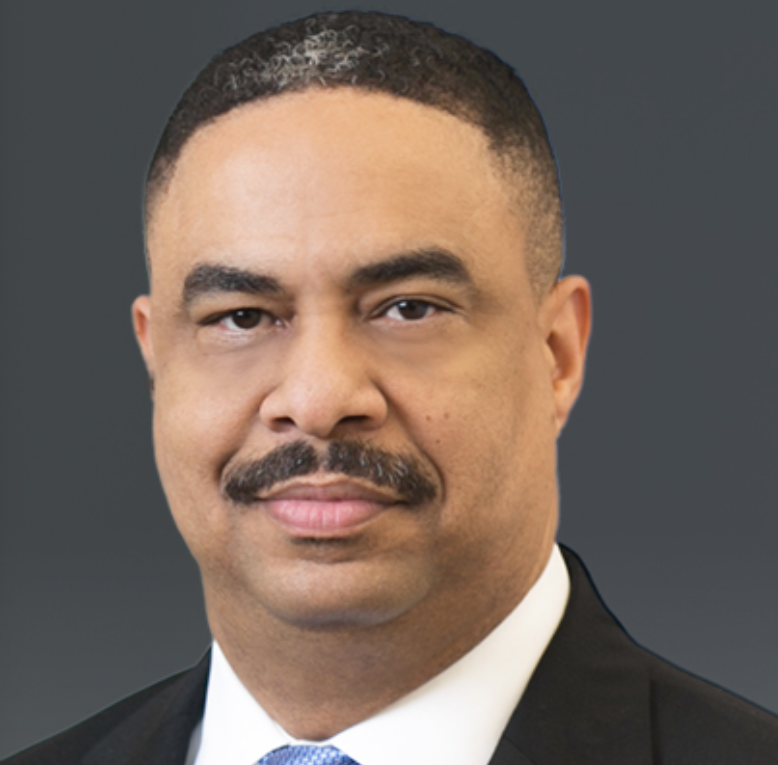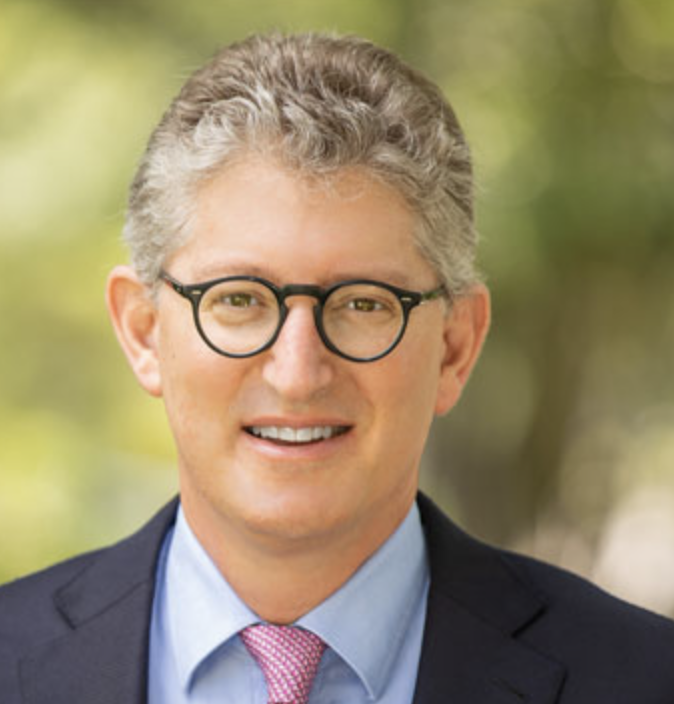With the new year comes a new presidential administration, and, well, new just about everything.
The Texas Lawbook asked leading white-collar litigators in Texas (most of them former federal prosecutors) what they see as the most important legal trends in the state and what they predict regarding white-collar prosecutions this year.
A few consistent patterns emerged in their thoughtful answers:
- It’s Donald Trump — who knows?
- Healthcare fraud, collectively a multibillion-dollar criminal enterprise, will remain at the forefront of federal prosecutorial efforts.
- More emphasis and dollars, predictably, will be directed toward prosecution of immigration-law violations.
Here, in their words, are what these experts had to say. (Responses were lightly edited for clarity and conciseness.)

ERIN NEALY COX
Kirkland & Ellis partner in Dallas and Washington, D.C., and a former U. S. attorney for the Northern District of Texas
A change in administrations always results in a shakeup at the top of the U.S. Department of Justice, and a period of time where “caretaker” U.S. attorneys are in place across the country. This, coupled with substantial budget constraints that have been broadly forecast for the DOJ, will mean a downturn in large white-collar enforcement cases in the near term. This will impact the movement of investigative dockets at main Justice and beyond. As with other government agencies, the DOJ will be operating under a significantly constrained budget, and this will limit the ability to backfill positions when prosecutors depart.
After a period of transition, an uptick in white-collar enforcement will likely take place. Surprising to some is the lack of white-collar enforcement during the Joe Biden administration, compared with the prior Donald Trump years. Although there was plenty of rhetoric concerning white-collar enforcement and corporate criminal liability (see, for example, multiple memos from Deputy Attorney General Lisa Monaco), actual enforcement numbers under President Biden were down. This includes traditional white-collar matters as well as Foreign Corrupt Practices Act cases. So I would not be surprised to see numbers in white-collar matters across the country increase. However, this could be impacted by a shift in resources to address stated priorities such as immigration, drug trafficking and violent crime in large urban areas.
Trends I would expect in the new administration:
- Financial industry oversight: Regulators, including the U.S. Securities and Exchange Commission and the Consumer Fraud Protection Bureau, may reduce oversight of banking and lending practices in favor of focusing on cases of fraud and actual harm to investors and customers.
- FCPA cases: Enforcement of the FCPA, typically one of the most-often enforced statutes in high-profile corporate cases, enjoyed record levels of government action in the first Trump administration. High-profile bribery cases involving major U.S. interests should warrant action.
- Artificial intelligence fraud: Companies using AI in ways that mislead investors or harm consumers may be of interest, as this area of disruption across many sectors grows.
- China: With the continued rise of China as a global superpower, the incoming administration is likely to focus on national-security and theft-of-trade-secrets issues that were prominent in Trump’s first term.
- Sanctions and export laws: With multiple conflicts across the globe, the DOJ will likely ramp up rigorous enforcement of sanctions and export-control laws. This will no doubt have direct consequences for companies with business operations touching on adversarial countries like Iran, Russia and China. However, the cascading compliance risks will extend to those doing business in other countries close to U.S. adversaries.
- Healthcare fraud: With rising costs and government spending, active enforcement targeting Medicare/Medicaid fraud will continue.

GREGG COSTA
Gibson Dunn partner in Houston, co-chair of the firm’s trials practice group and a former federal district court and appellate judge
A switch from a Democratic to Republican president usually means a sharp decline in antitrust enforcement. But with today’s Republicans being more populist, we should see continued action in the antitrust space, especially in the tech sector.
Also, the increased aggressiveness of the Texas attorney general in teaming up with outside firms to bring enforcement actions involving consumer-protection, antitrust and privacy laws should continue.

JEFFERY VADEN
Bracewell partner in Houston and former first assistant U.S. attorney in the Southern District of Texas
I expect to see the DOJ’s national security division, in unison with U.S. attorney’s offices, investigate and prosecute companies and individuals in trade-sanctions and export-control cases. These cases are a national security priority, and Texas, particularly Houston with its international energy market, is fertile hunting ground.
Additionally, Foreign Corrupt Practices Act investigations remain a focus of the DOJ’s fraud section, and those often have a Houston nexus.
Healthcare fraud prosecutions, particularly those involving allegations of kickbacks, are very likely to continue.
The government continues to prioritize money-laundering cases.
Finally, I anticipate that homeland security investigations will prioritize worksite investigations of companies that may have employee immigration issues.

DAVID GERGER
Gerger Hennessy Martin & Peterson, Houston
Kousisis v. United States will be argued before the U.S. Supreme Court this year. Four or five times in the last 30 years, the court has pushed back against ever-expanding theories of prosecution for “mail fraud” or “wire fraud,” most recently last year in Ciminelli v. United States, holding that federal mail fraud and wire fraud statutes punish stealing “money or property” but do not cover depriving a victim of “valuable economic information necessary to make discretionary economic decisions.” Kousisis asks whether criminal fraud includes deceit even if you deliver the goods — for example, if you win a bid to provide goods and you perform, but you lied about your qualifications or experience.
Insiders expect a focus in the new administration on prosecuting immigration crimes and on enforcing sanctions against designated foreign people and businesses.
Cybersecurity continues to be a big threat to national security and, thus, a possible area of prosecution. The DOJ also has many ongoing investigations into bribes paid to foreign officials by people with a U.S. connection.
Other hot topics for 2025:
- Whether state authorities, like a legislature or state attorney general, can take away power from local district attorneys if those state authorities deem local DAs too liberal or too conservative.
- How the DOJ and the Federal Bureau of Investigation can go about searching your cellphone after a seizure: Can they get a warrant based on one suspicious email then search the entire phone once they grab it?

TOM MELSHEIMER
Co-chair of Winston & Strawn’s global litigation department, managing partner of the firm’s Dallas office and a former assistant U.S. attorney in the Northern District of Texas
Healthcare fraud is really one, two and three in terms of most important subject matter.
With the new administration, it is foolhardy to predict too much, given their stated desire to shake things up, whatever that means in practice. I do think there will be significant efforts to get certain ongoing prosecutions dismissed by defense lawyers seeking to take advantage of new U.S. attorneys in place. But I suspect healthcare fraud will remain a priority, as there isn’t much partisan division on the prosecution of such cases.
Plainly, we will see more criminal immigration prosecutions as well.

ANDREW WIRMANI
Reese Marketos partner and a former assistant U.S. attorney in the Northern District of Texas
Texas has always been a hotbed for healthcare fraud, and we continue to see a heavy emphasis on investigating and prosecuting those offenses. COVID fraud continues to work its way through the system.
At the state level, the Texas attorney general’s office has aggressively enforced Texas privacy laws, most notably by reaching a $1.4 billion settlement with Facebook/Meta for unlawful capturing the biometric data of customers.
In terms of white-collar trends, 2025 will likely mirror what we saw in 2016: As we transition back to a Trump administration, the DOJ will begin to prioritize immigration offenses, violent crime and national security.
On the white-collar front, corporate enforcement will likely take a back seat to areas like elder fraud and sanctions and export and import controls. Notably, healthcare fraud prosecutions and Foreign Corrupt Practices Act enforcement actually rose during the Trump administration. It’s important to remember that white-collar investigations can take years, and ongoing investigations aren’t just abandoned because a new administration takes power. So we’ll see some carryover from what the Biden administration started.
Other areas to watch:
- Trump has publicly stated that he intends to loosen enforcement on cryptocurrency.
- It will be interesting to see how the administration addresses the constitutional challenges to the qui tam provisions of the False Claims Act, challenges that are cropping up in cases across the country as a result of the district court’s decision in Florida in U.S. ex rel. Zafirov v. Florida Medical Assocs., which found those provisions to violate Article II of the Constitution. The DOJ is vigorously defending the constitutionality of the provisions, and False Claims Act enforcement has traditionally enjoyed bipartisan support. (It’s generally good politics to oppose fraud against the government.) The question will be whether the constitutional interpretations favored by some Trump judicial nominees are shared by those he places in policy roles within the DOJ.
- Also keep an eye on whether the recently enacted DOJ whistleblower program gets off the ground, given the change in administrations.

PAUL COGGINS
Troutman Pepper Locke partner in Dallas and a former U.S. attorney for the Northern District of Texas
Two trends to watch for in 2025: First, will the new administration pull DOJ resources away from white-collar cases and into immigration? If so, we may see a significant decline in the quantity and quality of white-collar prosecutions. Second, the department’s antitrust division has been very aggressive in the civil and criminal arenas recently. Will the new administration follow through or pull back on those efforts?

TOBY GALLOWAY
Winstead shareholder in Fort Worth and Dallas, chair of the firm’s securities litigation and enforcement practices group, and a former chief trial counsel for the SEC’s Fort Worth regional office
Enforcement involving cryptocurrencies will be de-emphasized by both the SEC and the DOJ.
